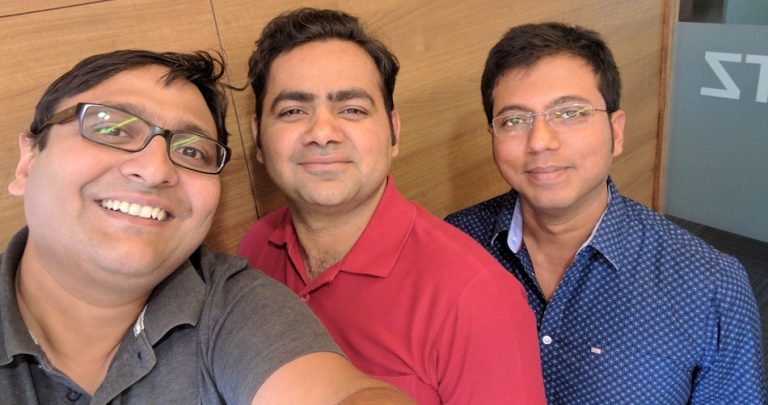India’s legal system is neck-deep in crisis, with nearly 5 crore pending cases across the country’s courts. The sheer volume of cases has led to delays, inefficiencies, and a lack of access to justice for many citizens.
However, a new wave of legal tech startups is here, aiming to tackle these challenges head-on by leveraging the power of generative artificial intelligence (GenAI). And with 762 legal tech startups in India, the potential for transformation is immense.
One such startup is CourtEasy, founded by a team of engineers and lawyers who experienced legal problems firsthand. “We started CourtEasy to address the problems faced in the legal sector,” Mrunmayee Shende, one of the founders of CourtEasy, told AIM.
“The system is overloaded with pending cases, and we believe AI will help solve it at a faster pace,” she added.
What legal tech aims to solve
The team at CourtEasy recognised the potential of GenAI to bridge the gap between technology and the legal system, particularly in lower courts where the adoption has been slow.
“In lower courts, people are not aware of the potential of technology yet,” Shende explained. “Higher courts and law firms are more open to adopting newer technologies as they evolve, but this is not the case in lower courts.”
With the aim to fix this gap, she said, “If we plot the adoption of technology in the legal system, we can see a significant gap between lower and higher courts. We want to bridge this gap by making sure our services are available to all.”
The company has developed a range of tools powered by GenAI. “We have our Marathi language model called Marathi LLM, which is a foundational model using LLM for the Marathi language,” Shende explained.
“Similarly, we are in the stage of building a separate legal model that can provide answers and solve the problems faced by legal professionals,” she added. The team has built language models for regional courts, legal research aids, and case drafting assistants.
Another startup working towards making justice faster and fairer is Jhana AI. “At Jhana, we build intelligent and fundamental tools for legal services, a one-stop ecosystem, and you interact with this humanlike chatbot that is reflective and iterative,” said Em McGlone, co-founder of Jan.
McGlone, explaining the versatility of the chatbot, said, “It can do anything from browsing and reading the web like a human to referencing legal books, journals, statutes, court orders from various courts, and various legal reportage, news blogs, and so on.”
SpotDraft, another legal tech startup, uses GenAI to help law firms and legal teams draft, store, analyse, execute, and automate contracts and contract processes. The company has already processed around 4 million contracts and has clinched clients both locally and globally.
Shashank Bijapur, the CEO and co-founder of Spotdraft, describes himself as a ‘recovering lawyer’ who has experienced the drudgery of lengthy documents firsthand.
“At some point, I stopped using my brain altogether. I was just using my eyes and fingers to copy and paste [legal clauses] from one sheet to another,” he said, stressing on the need for automation in legal processes.
Global success and future prospects
On one side there’s the Supreme Court launching AI-powered tools like SUPACE (Supreme Court Portal for Assistance in Court’s Efficiency) and SUVAS (Supreme Court Vidhik Anuvaad Software).
While on the other, we have the Madras High Court’s impressive case clearance rates through tech interventions. These demonstrate how AI can enhance efficiency and access to justice across all levels of the judiciary.
The successful implementation of GenAI in legal systems around the world has already shown promising results.
For example, in the United States, AI-powered tools have been used to predict the outcomes of cases with high accuracy, while in China, AI judges have been deployed to handle minor legal disputes.
However, the adoption of GenAI in the legal system is not without challenges. Privacy and data security are major concerns, as legal cases often involve sensitive personal information.
Shende acknowledged the importance of data safety, “We are a startup, and we have received funds and infrastructure credits from companies like Nvidia and Microsoft to ensure data security.”
Despite the challenges, legal tech startups remain optimistic about the future of GenAI in the industry. CourtEasy has partnered in the Microsoft for Startups initiative and is now in the process of raising additional funds to expand its operations.
Jhana is also looking for enterprise solutions for their product and is excited to meet people from the community who are building various tools for big corporations.
The future of tech integration into India’s legal system looks promising. As McLone puts it, “We think we can make justice faster and fair by creating better retrieval systems for lawyers to use.”

































